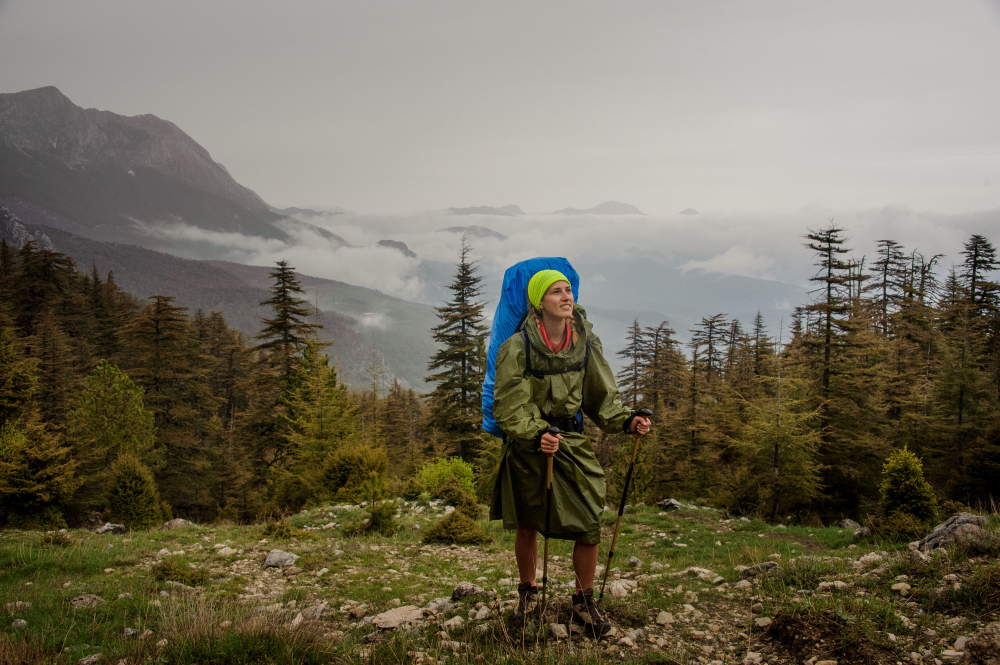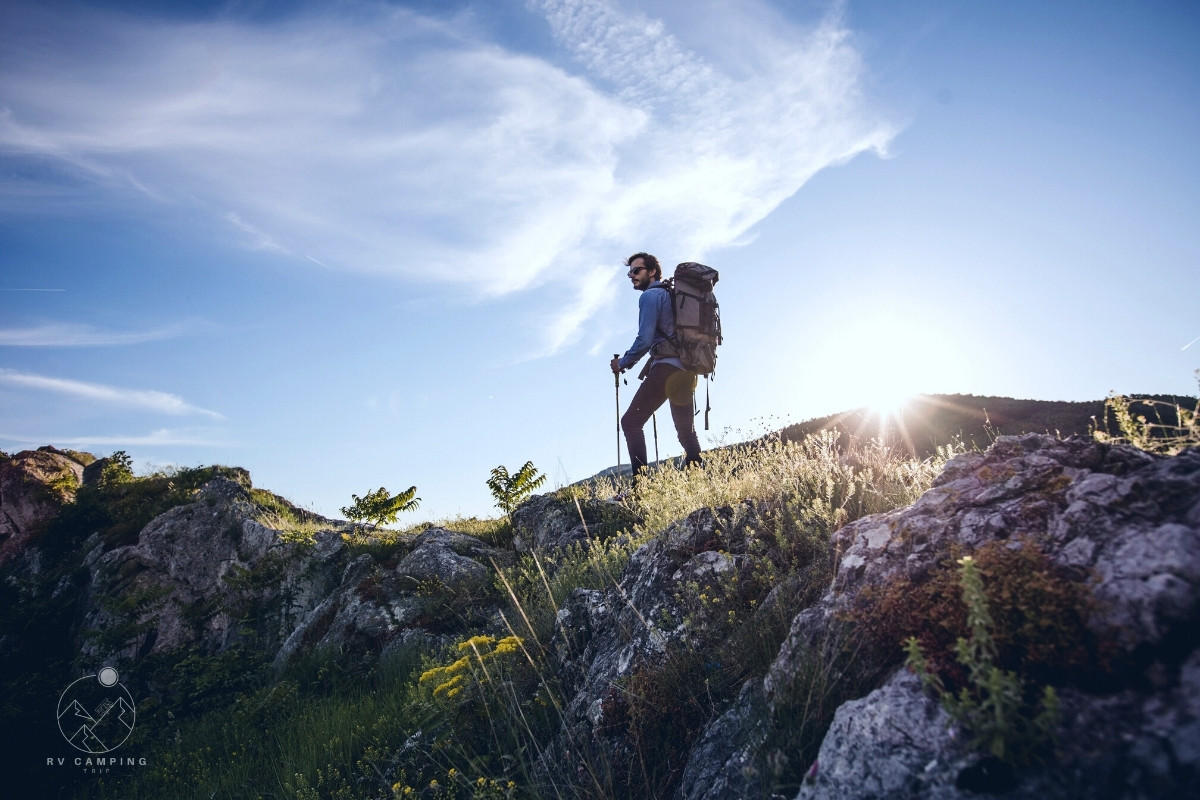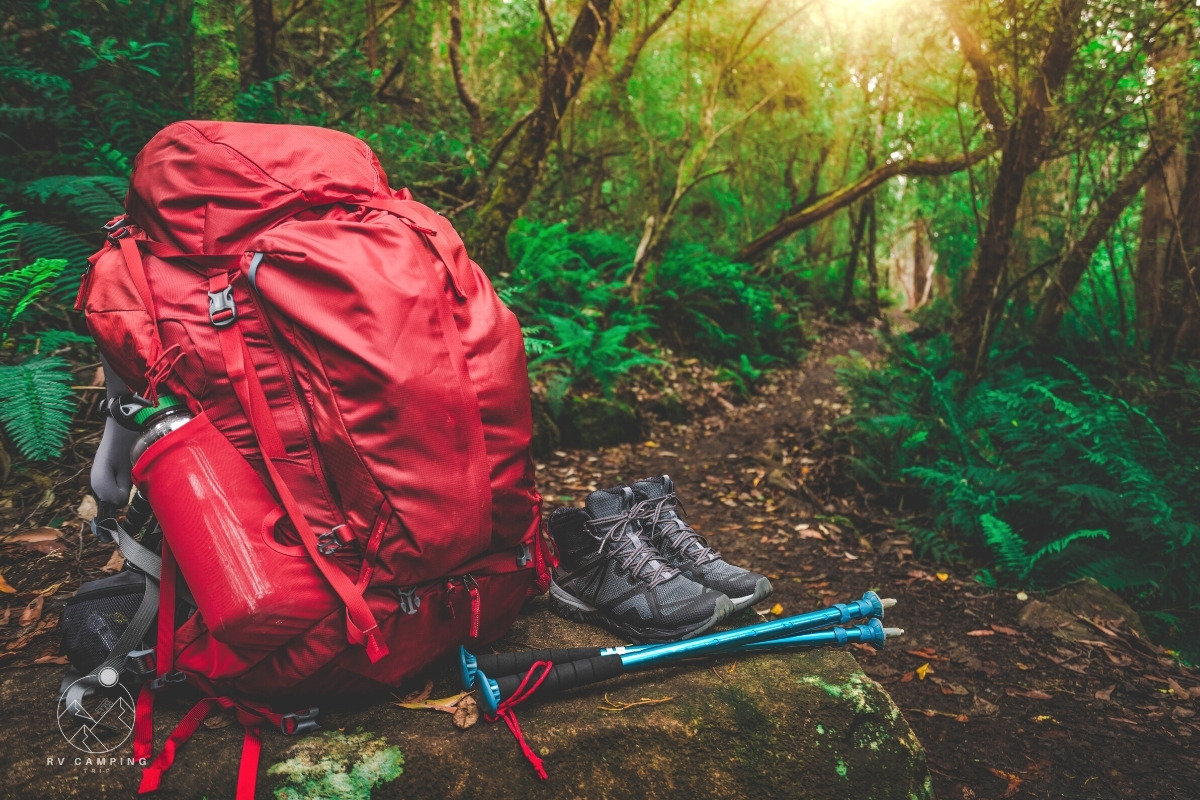If you spend any amount of time in the backcountry camping at all, it will rain on you. Remember this – rain is a good thing; without it there wouldn’t be much backcountry to enjoy.
BackCountry Camping in the Rain
How you prepare for rain and how you handle yourself and gear in the rain, makes the difference between a great experience and a horrible one. Here are some great ideas for ensuring your backcountry enjoyment when mother nature rains down on you.
Our best tips for enjoying the backcountry in the rain can be separated into two categories. The first pertains to getting ready to hike, camp or whatever else you love to do outdoors. Here are the Best Outdoor Preparation Tips:
- Always check the weather forecast. Understanding the type of rain to expect may even determine whether you go or not. If the forecast calls for severe thunderstorms with tornados, you will probably plan differently than you might for scattered showers. Check before you go, and check when you’re there. A good weather radio is an essential piece of gear for backcountry recreation.
- Store everything you take in re-sealable plastic bags, especially socks, matches, flares, food, maps and your first aid kit.
- Pack your sleeping bag in a large plastic trash bag or a specially designed waterproof bag.
- Pack a brimmed waterproof hat and jacket. Always have rain gear with you, even if it is only a large trash bag.
- Treat your tent, hat, jacket and pack with waterproofing spray – even if they’re called “waterproof” to begin with.
- For two weeks prior to your trip, be sure to take your multi-vitamins. You should be doing this regardless. A good immune system is an outdoor enthusiast’s best friend.
What BackCountry Camping Gear Do You Need
So now you’re packed and out the door. Once you’re there, common sense and a few tricks of the trade will help you get through unscathed.

Here are the Best Outdoor Rain Tips:
- Never camp in a low lying area. Look for a durable surface which will allow water to run off more effectively.
- Look for a campsite this is somewhat protected from wind, flooding and heavy rain fall. Under a group of small trees is ideal. Keep away from the tallest tree in the forest – that’s where lightning likes to visit.
- Place a mat outside the tent door to collect debris. If you are base camping, the weight of the mat is not worth the benefit – so use rocks instead.
- Do not touch the walls of your tent when it is wet. This will adversely affect the water resistant capability of the tent. That is – you can create a leak.
- Use a tarp under your tent. You should do this regardless of the weather, but when it’s raining it becomes important.
- Sleep. There’s nothing better than sleeping in a tent when the rain falls.
- Check the forecast every hour. If the storm is worsening, you need to know about it. Do you have extra batteries for your weather radio?
- Never hold a fishing pole during a lightning storm.
- Emergency flares are excellent for igniting wet firewood.
- Body heat is a precious element. Conserve and protect your body by keeping it dry on the outside and wet on the inside. Drinking water becomes very important when body heat is being lost. Change into dry socks, get into your dry sleeping bag.
- Keep an eye on your tent, the tent’s rain fly and the ropes/stakes holding your tent in place. Standing water and high winds are the enemy of your tent.
Remember this
When it rains, you’ll see fewer people and fewer insects. Some of the most remarkable times you’ll experience will be in the backcountry camping during a rain storm – it can be exhilarating! Doesn’t sound so bad after all – does it?
Use this information and you’ll Get It Right The First Time. Get Outdoors!
Read More RV Camping Trip




